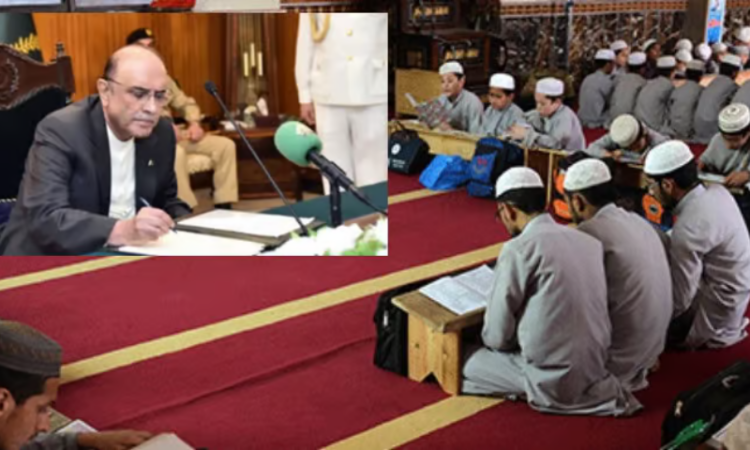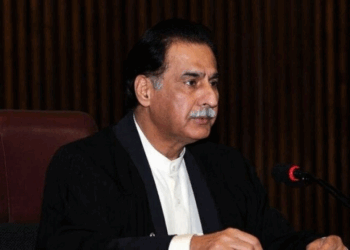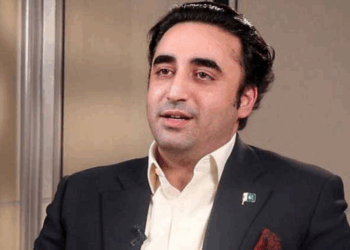Islamabad, December 5, 2024 – President Asif Ali Zardari has returned the Societies Registration (Amendment) Bill, 2024, to the federal government, raising objections and withholding his signature on the legislation aimed at registering religious seminaries (madressahs). This move has prompted the government to plan a session of the National Assembly next week to address the matter.
The bill, an extension of the Societies Registration Act of 1860, was introduced as part of an agreement between the Jamiat Ulema-e-Islam-Fazl (JUI-F) and the government during discussions over the 26th Constitutional Amendment. It seeks to regulate the registration of Deeni Madaris through deputy commissioners’ offices and imposes several new requirements.
Under the proposed law, seminaries operating multiple campuses would only need a single registration. Institutions must submit annual reports detailing their educational activities and audited financial accounts to the registrar. The bill also prohibits the dissemination of materials promoting militancy, sectarianism, or religious hatred.
Sources indicate that the government may summon a joint session of Parliament to reconsider the bill, which had already been approved by both houses during the 26th Constitutional Amendment process.
The delay in enactment has led to tensions between coalition partners. On Wednesday, Pakistan Peoples Party (PPP) Chairman Bilawal Bhutto Zardari held urgent talks with JUI-F chief Maulana Fazlur Rehman after the latter’s party expressed frustration over the delay. PPP leaders reportedly assured JUI-F officials that President Zardari would sign the bill soon, despite opposition from some quarters.
Following the meeting, JUI-F Senator Maulana Abdul Ghafoor Haideri voiced his dissatisfaction with the president’s actions, questioning his authority to delay or refuse assent to the legislation. He emphasized that the president represents the federation and should not obstruct a bill already passed by both houses of Parliament.
Senator Haideri added that the PPP leadership had assured JUI-F that the president would fulfill his constitutional duty, though he hinted at unidentified external forces creating obstacles for the bill’s enactment.
If the federal government decides to summon a joint parliamentary session, it could move the legislation forward without the president’s signature, ensuring compliance with constitutional procedures for contentious bills.








